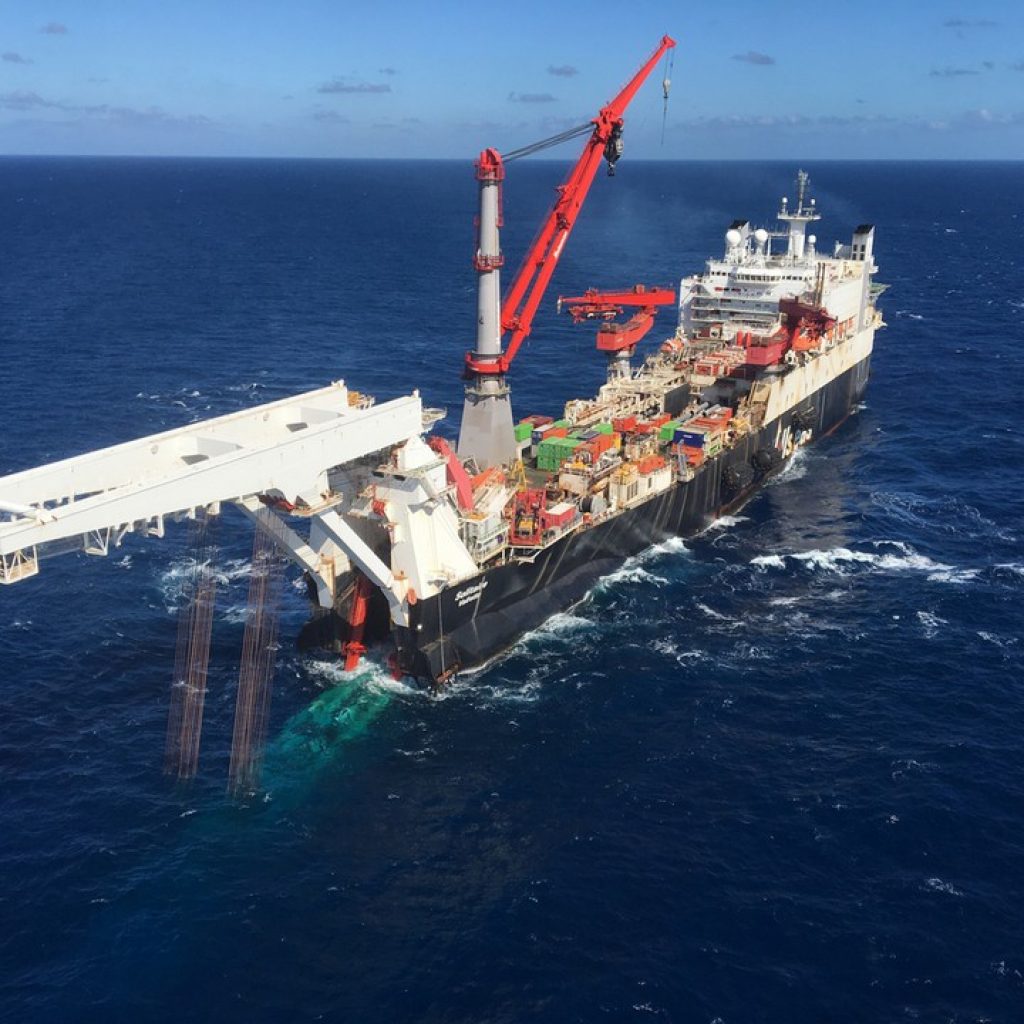RA’s Daily Russia News Blast – May 1, 2020

Today in Russia: New one day record surge in COVID-19; Testing kit worries; Peskov says Putin’s health “ensured at the highest levels”; Doubts about alleged Russian assassination plans in Prague; Rosneft’s Sechin shouldering blame for oil woes; On India-Russia relations; Zakharova-Navalny debate off the table over disagreement about format; Crimean Deputy PM dies; NordStream 2 may not get EU regulatory exemption
A surge brought the total number of confirmed COVID-19 cases to 114,431 with 1,169 deaths. A record 7,933 new cases were recorded on Friday.
Moscow Mayor Sergei Sobyanin said that over half of critically ill COVID-19 patients tested negative for the virus, raising fears over the quality of coronavirus testing in Russia. Earlier this month, Sobyanin ordered that doctors diagnose patients showing pneumonia-like symptoms as COVID-19 positive even without laboratory tests, over fears [in Russian] of a high percentage of false negative test results.
Kremlin Spokesman Dmitry Peskov said that President Vladmir Putin’s health is “ensured at the highest level” after Prime Minister Mikhail Mishustin tested positive for COVID-19 a day earlier.
Russia expert Mark Galleoti expressed doubts about reports that the mayor of Prague faced the threat of a Russian state-sponsored assassination. He wrote,
For all that, the story is hard to take at face value. It is based on a single anonymous report, and has not had any official corroboration. Local experts such as General Andor Šándor, former head of military intelligence, have cast doubt on it. Moscow, predictably, also denied the account, with Kremlin spokesman Dmitry Peskov calling it a “hoax.”
There are also practical issues with the story as it stands. Ricin was used to murder Bulgarian dissident Georgy Markov in London in 1978 and CIA double agent Boris Korczak in Virginia in 1981. However, the Russians do not seem to have used it since, and while extremely deadly, it is also relatively easy to identify in the body.
Rosneft head Igor Sechin, a powerful and hawkish figure in Russian politics, may be bearing the brunt of oil price woes and the subsequent collapse in the ruble partially triggered by Russia’s attempts to “stare down” the Saudis at OPEC. While this was taking place, his company also became entangled in US sanctions over its business in Venezuela and was forced to sell off its assets in the country. RFERL wrote, “For the Kremlin, whose budget is heavily reliant on high oil prices, the result threatens years of economic prosperity and, potentially, Putin’s political legitimacy. To many, the blame for both events [in Russian] rests on Sechin’s shoulders.“
India-Russia relations have not changed much due to COVID-19. However, geopolitical trends are driving a wedge between traditionally tight in the Russia-India relationship, particularly defense. The Diplomat writes, “The pandemic appears not to have had much impact on India-Russia relations. The relationship was showing signs of strain even before to the pandemic, mainly because both countries are drifting toward different sides in the emerging competition between the United States and China. India’s concerns about China’s behavior have made it inch closer to the U.S. and the Indo-Pacific coalition. While increasing tensions between Russia and the West appear to be driving Moscow toward a deeper partnership with Beijing.“
Russian opposition leader Alexei Navalny and Foreign Ministry Spokeswoman Maria Zakharova were set to have an online debate [in Russian] today after Navalny took issue with Zakharova’s characterization of Russians stranded abroad as being stuck “because of their egoism and irresponsibility.” Today Zakharova said the debate would not take place [in Russian] because Navalny wanted to have a journalist serve as a moderator and Zakharova claimed [in Russian] she wanted to have a “one on one conversation.”
Crimea’s Deputy Prime Minister Pavel Korolev died [in Russian] at the age of 61. The cause of death was not announced.
Gazprom’s NordStream 2 pipeline has hit a snag. Germany’s Federal Grid Agency is expected to tell Gazprom [in Russian] that it must be in compliance with an EU gas directive which requires the separation of gas supplier and transport company, third-party access to gas pipeline capacities, non-discriminatory tariffs, and transparency. All projects after May 2019 must be in compliance, but Gazprom has argued that since the pipeline began construction prior to May 2019 it should be exempt. The news was first reported by German business daily Handelsblatt [in German]. Yesterday, Poland threatened to seize assets of NordStream and NordStream 2 over Gazprom’s non-compliance of an arbitration tribunal decision in Poland’s favor.
PHOTO: A NordStream 2 pipelay vessel off the coast of Finland, 2018 (NordStream 2/Allseas stock photo).











